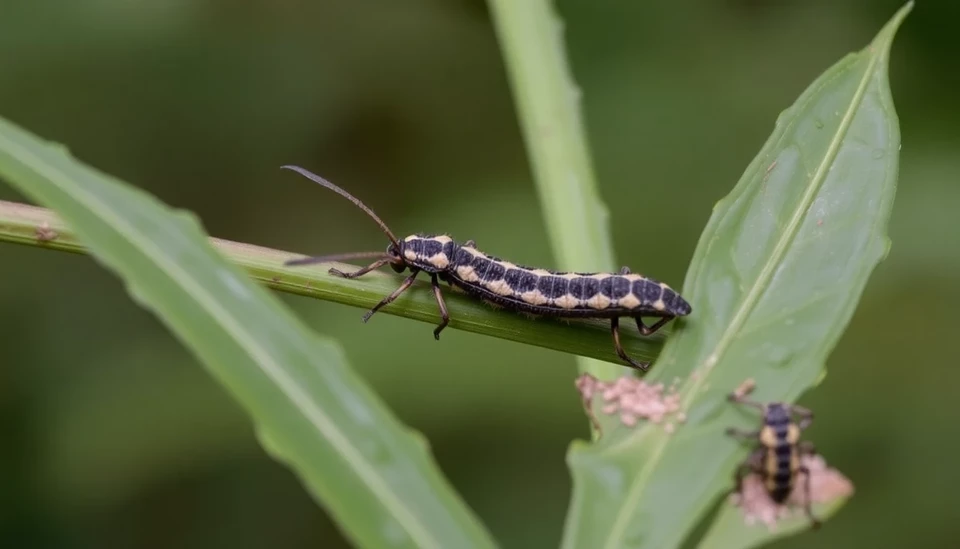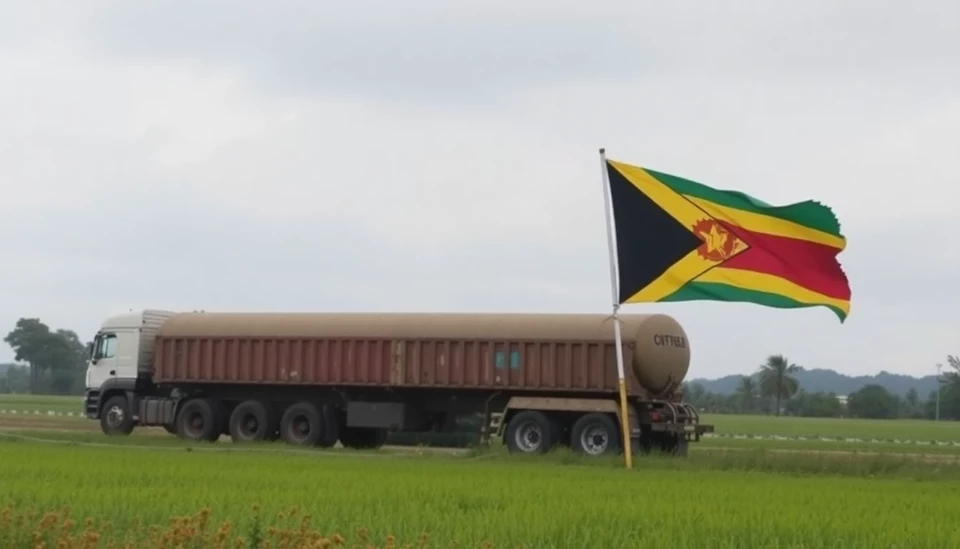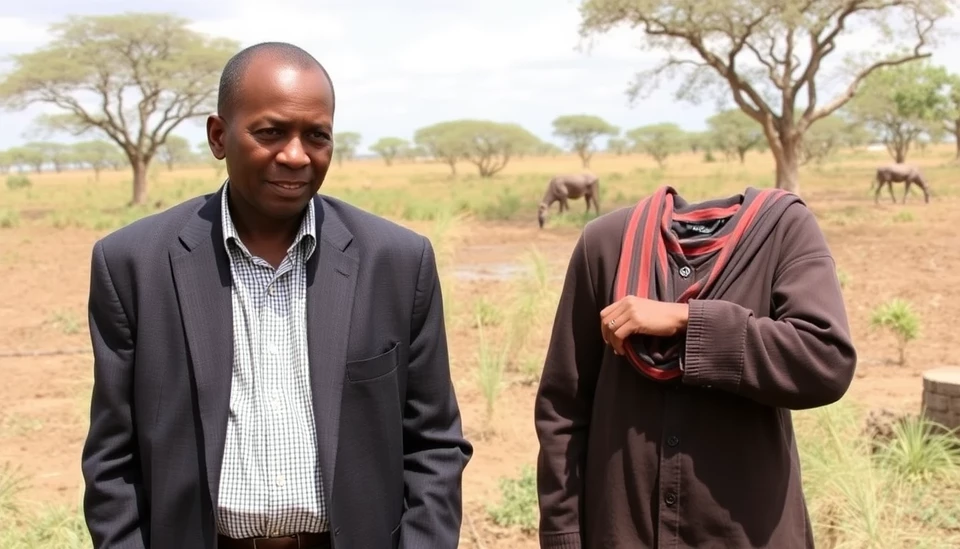
Zimbabwe is grappling with its worst outbreak of the African armyworm in two decades, causing significant alarm among farmers and agricultural officials alike. This invasive pest, known for its insatiable appetite for crops, has already inflicted heavy damage on maize and other vital food crops, threatening the livelihoods of countless families and exacerbating food insecurity in the region.
The outbreak has been attributed to favorable environmental conditions that have allowed the armyworm population to thrive. Heavy rains combined with warmer temperatures have created an ideal breeding ground for these pests, leading to an unprecedented surge in their numbers. Farmers have reported extensive damage, with entire fields being decimated in a matter of days, crippling local economies that rely heavily on agriculture.
Government officials and agricultural experts are racing against time to manage the situation. Emergency measures are being implemented to control the infestation, including the distribution of pesticides and other mitigation strategies designed to curb the rapid spread of the armyworm. However, the response has been hindered by limited resources and the widespread lack of access to effective pest control products among rural farmers.
The Zimbabwean government has acknowledged the severity of the outbreak and the potential impact on food security, which is already a pressing issue in the country. Many regions have been experiencing food shortages due to previous droughts and economic instability. As such, this new threat poses an additional challenge that could further deepen the crisis.
Experts are urging farmers to remain vigilant and adopt integrated pest management strategies. These strategies include monitoring crops regularly, using natural predators, and ensuring that any chemical treatments are applied judiciously to minimize environmental impacts. The need for education and training in these practices has never been more urgent as the prospect of losing crops for a second consecutive season looms large.
The magnitude of the African armyworm crisis is drawing attention from international agricultural organizations, who are beginning to mobilize assistance. Aid groups are assessing the damage and seeking to provide support to both farmers and government efforts in managing the outbreak. Yet, the effectiveness of these interventions will largely depend on timely action and community engagement.
As Zimbabweans prepare for the upcoming planting season, the stakes are high. The potential repercussions of this infestation stretch beyond immediate crop losses—they threaten the country’s agricultural productivity and overall resilience in a climate increasingly characterized by volatility and uncertainty.
Moving forward, collaboration between government agencies, farmers, and international partners will be critical to address this crisis effectively. The hope is that with prompt and coordinated actions, communities can mitigate the impacts of the armyworm and safeguard their food sources.
#Zimbabwe #AfricanArmyworm #AgricultureCrisis #FoodSecurity #PestInfestation #CropDamage #EmergencyResponse #Farmers #Sustainability
Author: Daniel Foster




